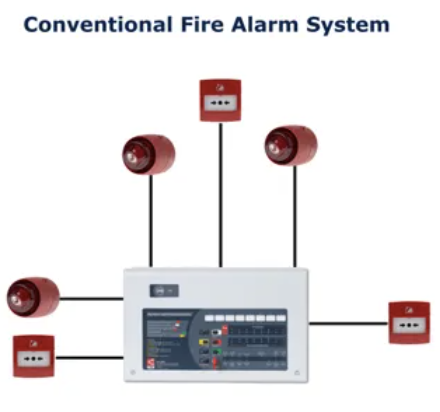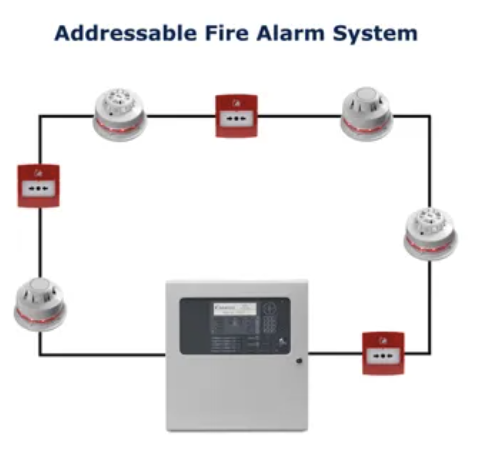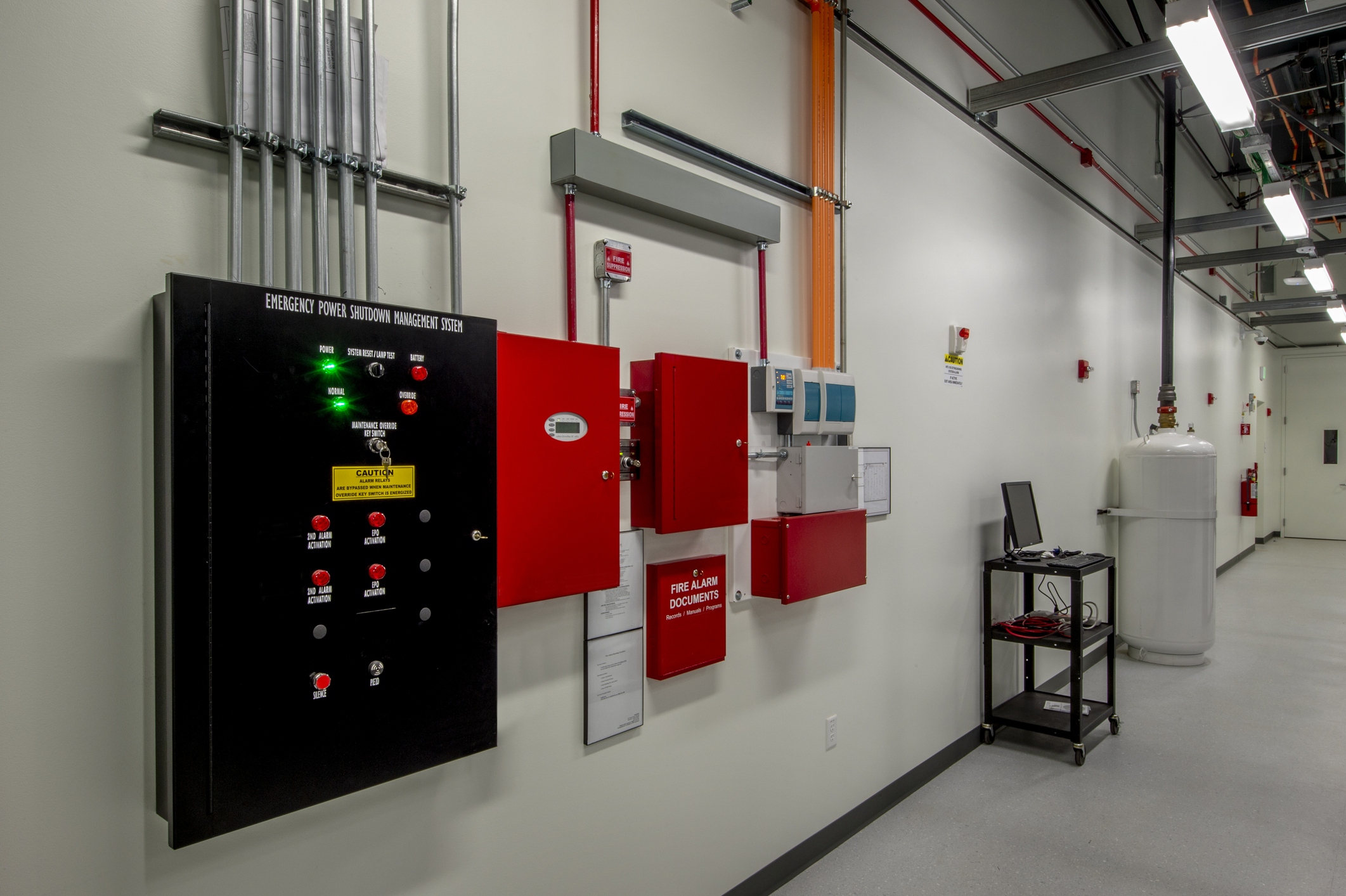
Home >
The Guide to Commercial Fire Alarm Systems
A fire alarm system is an integral part of any commercial building. It allows for the protection and safety of employees, customers, and property in case a fire breaks out or there are other emergencies that pose a threat to them. There are many different types of systems available on the market today, such as conventional fire alarms, addressable alarms, and analogue fire alarms, but all have one thing in common; they need someone who knows what they’re doing to install them correctly.
Commercial fire alarm systems are designed for two main purposes: to detect and control fires, and to protect people. Some of the key components that make up a commercial fire alarm system include smoke detectors, heat sensors, sprinklers or extinguishing equipment, manual call points, water flow alarms (where applicable), and voice evacuation systems (which can be integrated into fire life safety announcements).
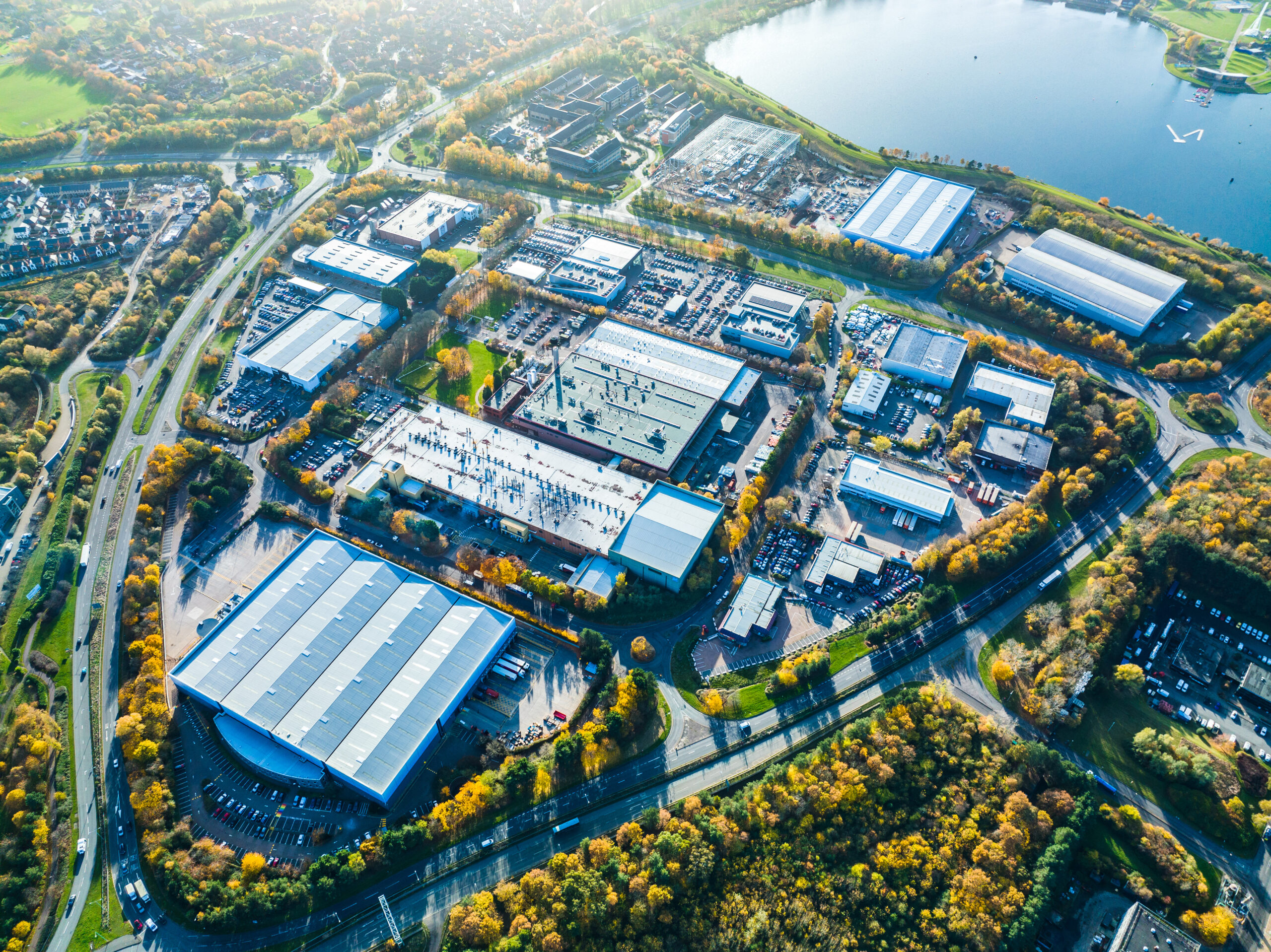
Contents:
The Importance of a Compliant Fire Alarm System
It’s always a good idea to have a compliant fire alarm system in place, regardless of how large or small your company is. A fire can cause severe damage and overcoming the considerable losses may be difficult.
It’s vital to have safety and security measures in place to prevent such events from occurring. Here are all the reasons why having a commercial fire alarm is crucial for your company:
Early Detection
The ability of fire alarm systems to identify dangers early is perhaps the most important feature they have to offer. Early detection of hazards, such as fires, may significantly influence the outcome. It can help you avoid significant property damage; therefore, it’s critical. An early signal allows you to protect your property and move its occupants to safety. A monitored fire alarm also sends an alert to the fire department so that the flames may be contained as soon as possible.
Quick Response Time
Early detection and monitoring services ensure that a solution is provided quickly and that the whole environment is kept safe. This includes both life and property protection. The fire department may be reached as soon as possible, and firefighters can be sent to your business as soon as a fire is detected by the system with fire alarm monitoring.
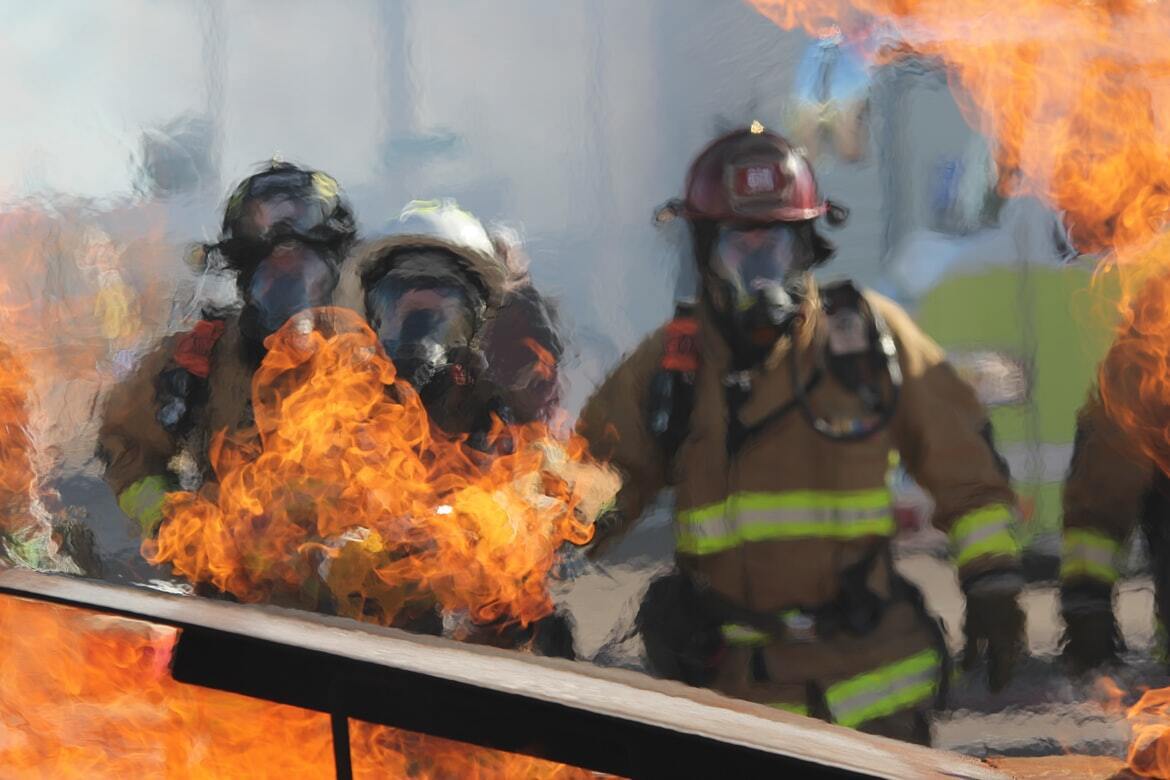
Avoid Inhaling Smoke
Smoke inhalation is the most common cause of death in fires. Smoke inhalation can occur when individuals are unable to detect that there is a fire and flee in time. In situations like this, having a commercial fire alarm system is essential.
Minimising Cost
Fire alarm systems may be pricey at first, but when you consider the advantages they provide, it’s easy to see why an effective one might save you money. In the event of a fire, a functioning fire alarm system and monitoring service can assist with response time while also protecting your important assets from fire. A properly maintained fire alarm security system can also help you save money on insurance premiums by lowering your insurance rate.
Fire Risk Assessment
UK Fire Regulations place the responsibility of fire safety on the employer. The employer has a legal duty to conduct a Fire Risk Assessment that assesses ways to reduce and remove the danger of fire. This should be recorded if you employ more than five individuals.
Assessments of fire risk are subject to some specific regulations. The Fire Risk Assessment must be re-examined regularly. It is suggested that the following items be included in the review:
- Every 12 months after the original assessment is done.
- Every 5 years a new assessment should be conducted.
- If the building’s purpose has substantially changed.
- If the building structure, such as the layout, has changed.
- If there has been a considerable change in the occupants.
Fire Alarm Systems
There are many types of systems, however all commercial fire alarm systems work on the same principle. If a detector senses smoke, heat or someone pushes a manual call point button, the alarm sirens warn others in the building about a possible fire and to evacuate. It’s also probable that property protection would require remote signalling equipment that will alert the fire service via a central station.


